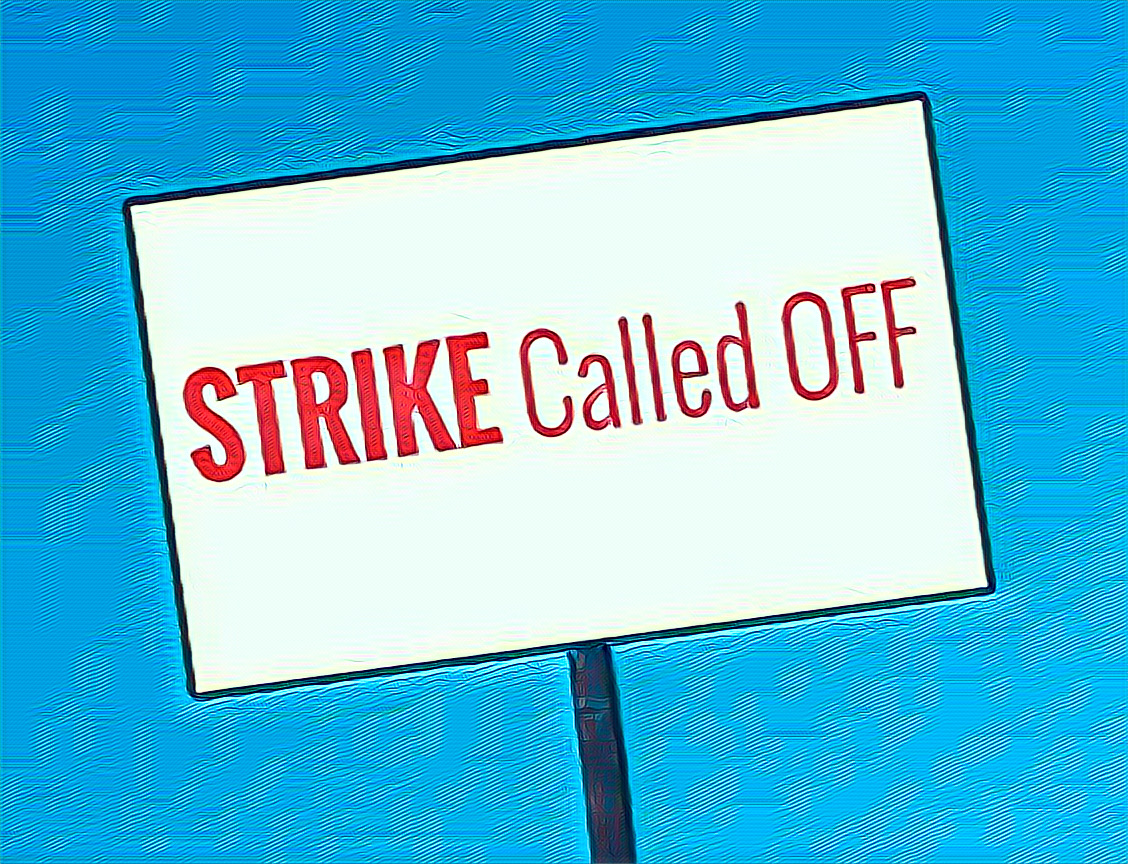After two weeks of industrial action that commenced on March 20, Ghana’s teacher unions have officially ended their nationwide strike, bringing a temporary close to a period marked by negotiations and legal interventions. The unions involved, namely the Ghana National Association of Teachers (GNAT), the National Association of Graduate Teachers (NAGRAT), and the Coalition of Concerned Teachers (CCT), collectively announced their decision following a compelling interim injunction by the National Labour Commission (NLC). This legal measure aimed to pause the strike and usher both parties to the negotiation table.
The announcement was made in Accra on Tuesday, April 2, by King Ali Awudu, the President of the Coalition of Concerned Teachers, Ghana. Awudu’s statement underscored the unions’ readiness to engage in swift and constructive negotiations with their employers to urgently address the grievances that initially propelled them into striking. The unions’ compliance with a high court order to halt their industrial action further demonstrated their commitment to resolving the issues within the bounds of legality and respect for Ghana’s judicial system.
“Respecting the court’s decision and our role as law-abiding citizens, we declare the strike, initiated on March 20, 2024, officially ended. We urge all our members and pre-tertiary education teachers across the country to immediately return to work,” Awudu articulated. He further pressed the Ministry of Employment and Labour Relations to begin negotiations without delay, emphasizing the importance of a prompt and agreeable resolution to prevent future disruptions.
The strike had put a spotlight on the longstanding issues facing Ghana’s educational sector, particularly the concerns over the conditions of service for teachers. It represented a critical moment for both the government and the teacher unions, necessitating a collaborative effort to address the root causes of the dissatisfaction among educators. The initiation of the strike was a direct response to what the unions labeled as governmental negligence towards their service conditions, prompting a shutdown that impacted schools across the nation. The period of industrial action underscored the critical role of teachers in the educational system and the importance of addressing their needs to ensure the continuity and quality of education in Ghana.
In the days following the strike’s commencement, a series of discussions unfolded between the government and the unions, marking a concerted effort to bridge the gap and address the pressing issues at hand. These negotiations were crucial in paving the way for the eventual resumption of educational activities and highlighted the need for ongoing dialogue and mutual understanding between educators and governmental authorities.As teachers across Ghana return to their classrooms, the resolution of the strike serves as a reminder of the essential value of educators in shaping the nation’s future. It also emphasizes the importance of fostering a conducive environment for teaching and learning, where the concerns of educators are heard and addressed promptly.





1 comment
Can you be more specific about the content of your article? After reading it, I still have some doubts. Hope you can help me.